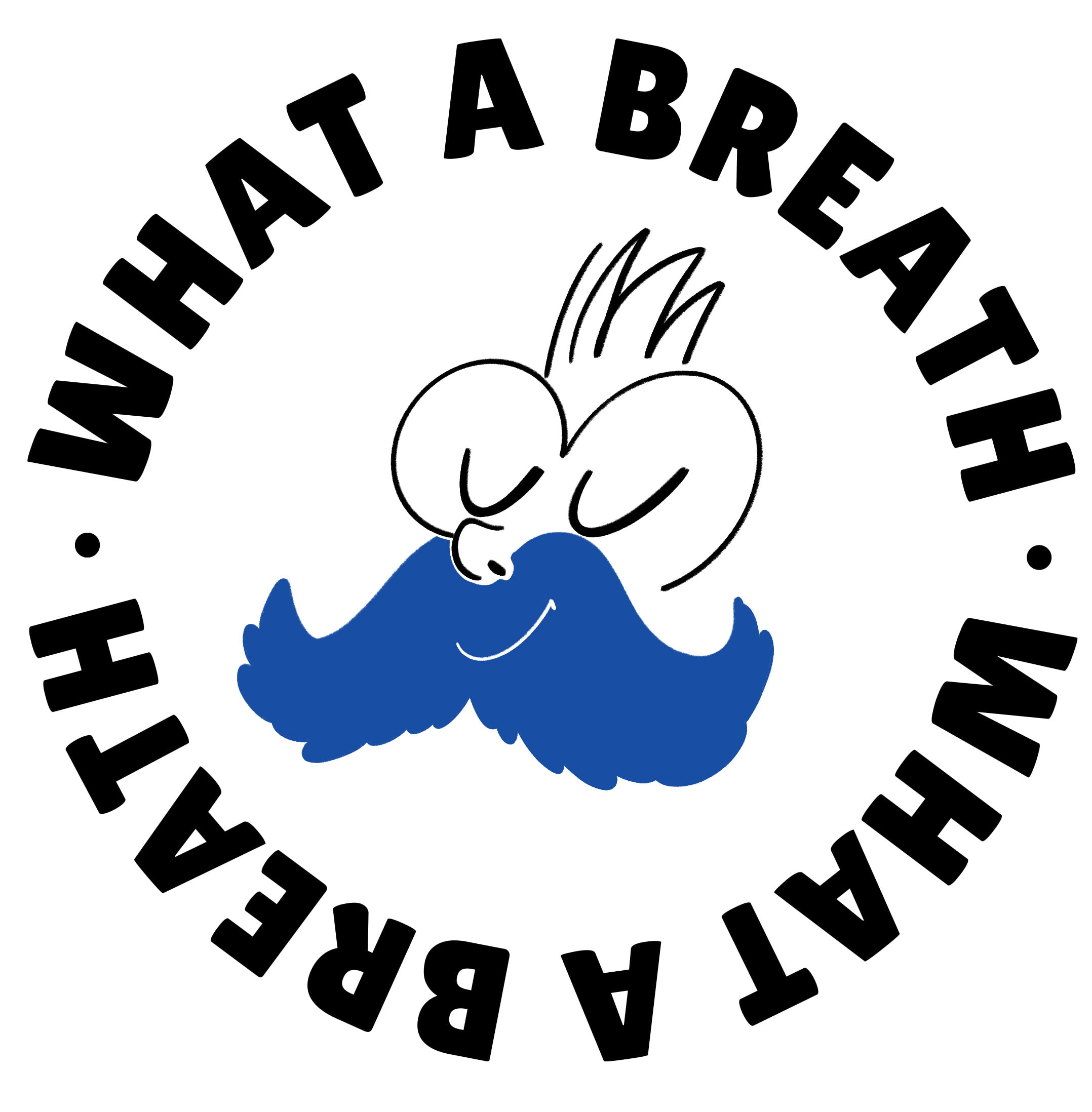Breathing: something we take for granted, until it suddenly becomes difficult. Have you ever felt a "weight" on your chest or had the sensation you just can’t take a deep breath? In those moments, your mind jumps to the worst conclusions, but often the reasons behind breathing difficulties are much more common—and many can be solved with a few simple tricks. In this article, I want to walk you through possible causes and share some effective strategies to help you breathe easier.
Why Does Breathing Become Difficult?
Breathing might seem automatic, but it’s actually a complex process involving lungs, muscles, heart, and brain. When even one part of this “machine” isn’t working as it should, your body lets you know right away. Breathing difficulties can be short-lived or persistent, mild or more serious. Many times, the cause is simpler than we think.
One of the most common reasons is anxiety. Never underestimate the power of the mind: emotional stress can genuinely “cut your breath”. In those moments, your breathing becomes shallow and fast, because the body shifts into a kind of “alarm mode.” Another classic scenario is the common cold, which clogs the nasal passages and makes breathing less easy. Allergies, especially in the spring and summer, can have the same effect.
We also shouldn’t forget about environmental factors. Air that’s too dry or polluted can irritate the respiratory mucous membranes. Extreme temperatures—either very hot or very cold—can also make you feel short of breath. Sometimes, breathing difficulties are related to poor posture: spending many hours hunched over a computer, with your shoulders closed in and chest compressed, isn’t great for lung expansion.
The “Hidden” Causes Not to Overlook
Beyond the more “banal” reasons, some causes require a bit more attention. Respiratory conditions like asthma, bronchitis, or pneumonia can all cause shortness of breath. Certain heart diseases can also make you feel breathless, especially during physical activity. In these cases, breathing difficulties don’t just go away on their own and are often accompanied by other symptoms like persistent cough, chest pain, or fatigue.
Another less-known cause is gastroesophageal reflux: when stomach acid comes up, it can irritate the throat and upper airways, creating a sensation of tightness and “shortness of breath.” Even anemia can make you feel like you’re not getting enough air, as the body—having less oxygen available—demands more frequent breathing.
What To Do Immediately When Breathing Gets Tough
If you notice breathing is harder than usual, the first thing to do is stop for a moment. Try to assess the situation: Are you anxious? Have you just done physical exercise? Do you have a cold? Often, this little self-check helps you understand if the discomfort is temporary or if it’s time to dig deeper.
One of the most effective—and underestimated—remedies is conscious breathing. Sit comfortably, place a hand on your abdomen, and try to inhale slowly through your nose, letting your belly rise. Then exhale just as slowly through your mouth, letting all the air out. Two or three minutes of this can bring noticeable relief, especially if anxiety or tension were the culprit.
Your environment matters too: if possible, open a window and try to breathe in fresh air. If you’re in a crowded place, step outside for a few minutes. During allergy season, try to minimize exposure to pollen during peak hours, perhaps by keeping windows closed in the morning.
If you think your breathing problem is linked to poor posture, try changing position. Stand up, stretch your arms overhead, roll your shoulders, and loosen up your back. Sometimes, just a few seconds can help you feel like there’s more room in your lungs.
Prevention Is Better Than Cure
Often, small daily habits can go a long way to protect your breathing. Keeping your living spaces clean, airing out rooms regularly, avoiding smoking (even second-hand), staying active, and learning a few breathing exercises are all winning strategies. If you work long hours at a computer, remember to take frequent breaks to loosen up your back and shoulders.
If you have allergies or asthma, it’s important to follow your treatment plan and monitor the quality of air in your home. Even a small humidifier can make a difference, especially in the winter months.
Conclusion
Breathing difficulties can be scary, but in most cases they can be managed with a bit more attention. Listen to your body, don’t ignore the signals it sends, but don’t panic either. Often, a simple solution is within reach. And remember: breathing well is the first step to living better, every single day.






